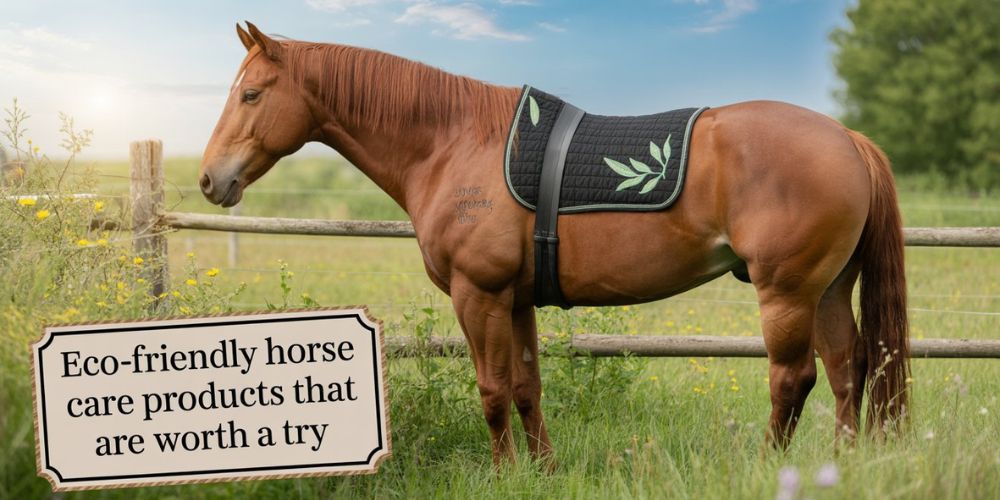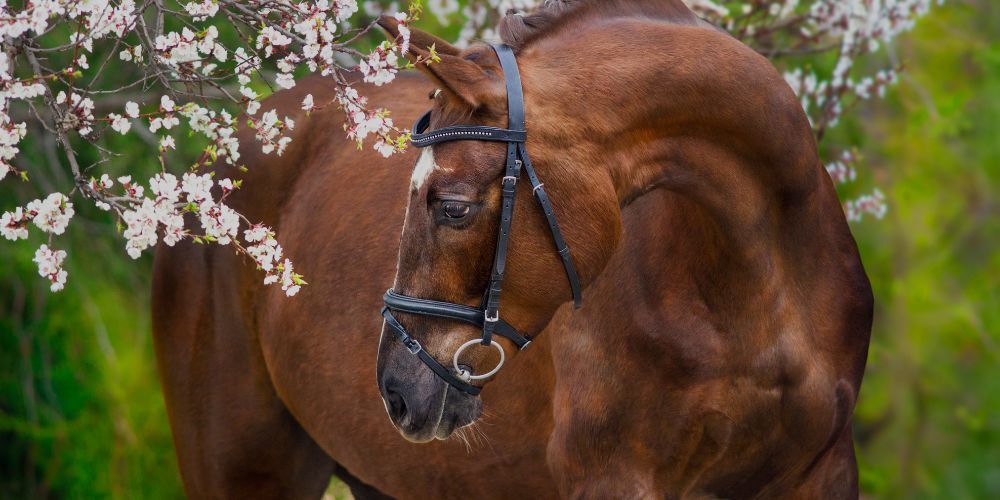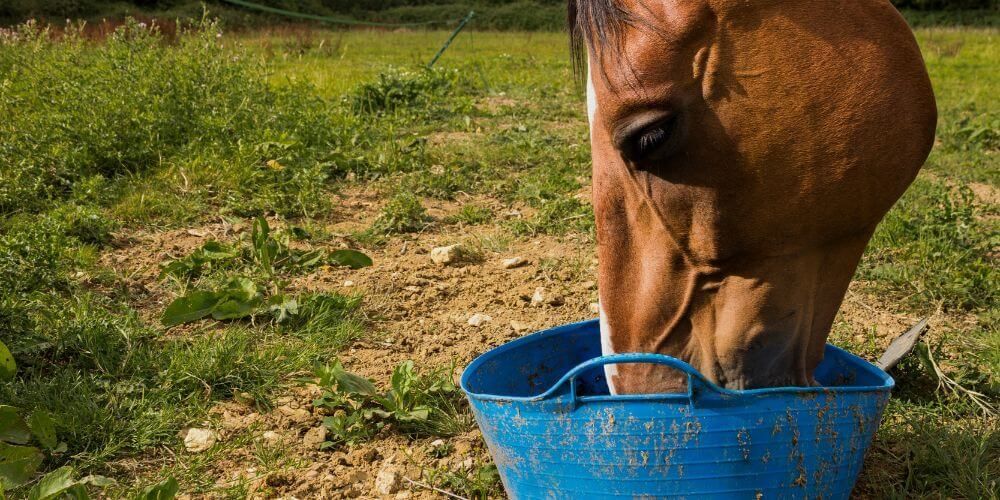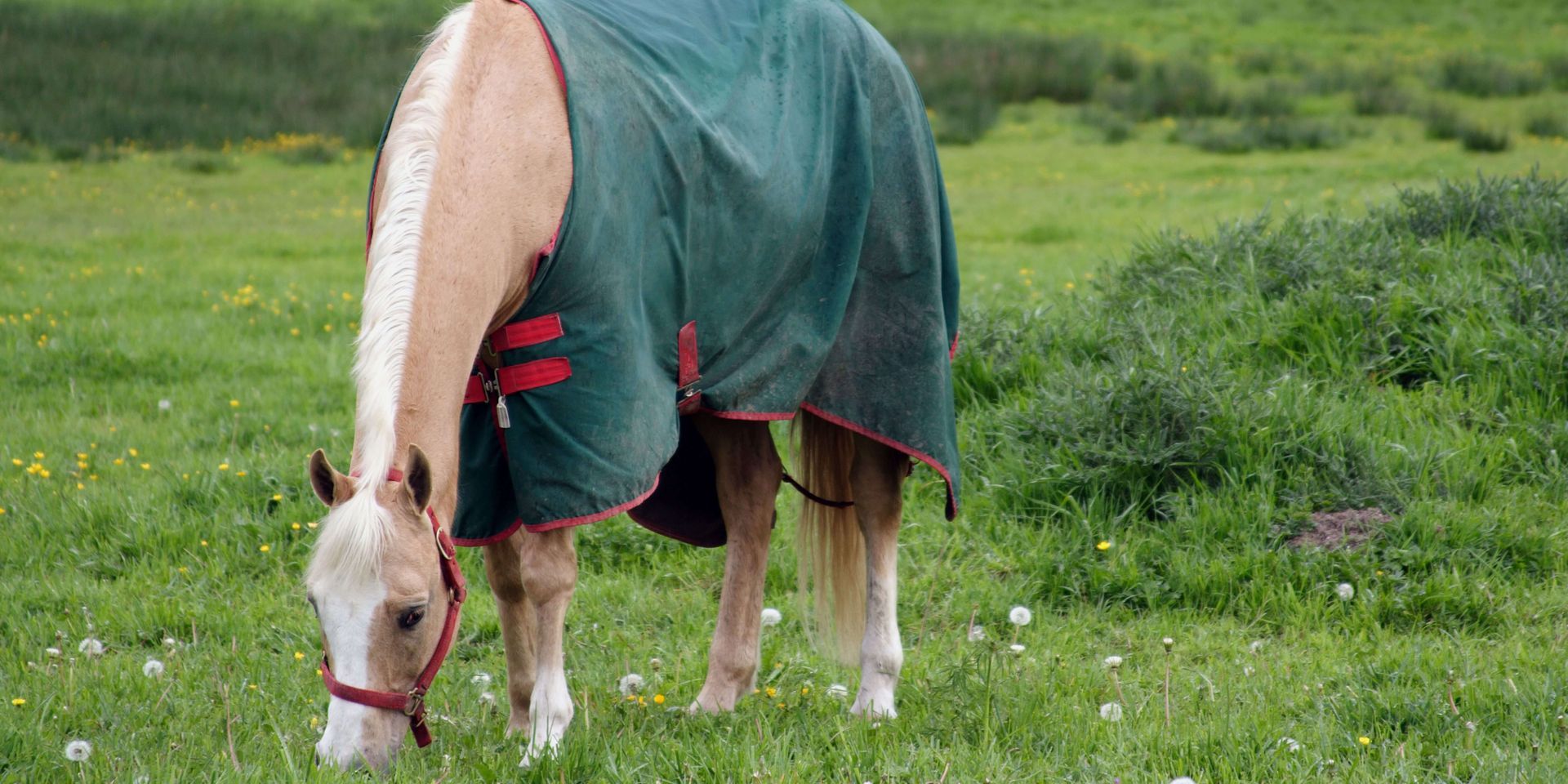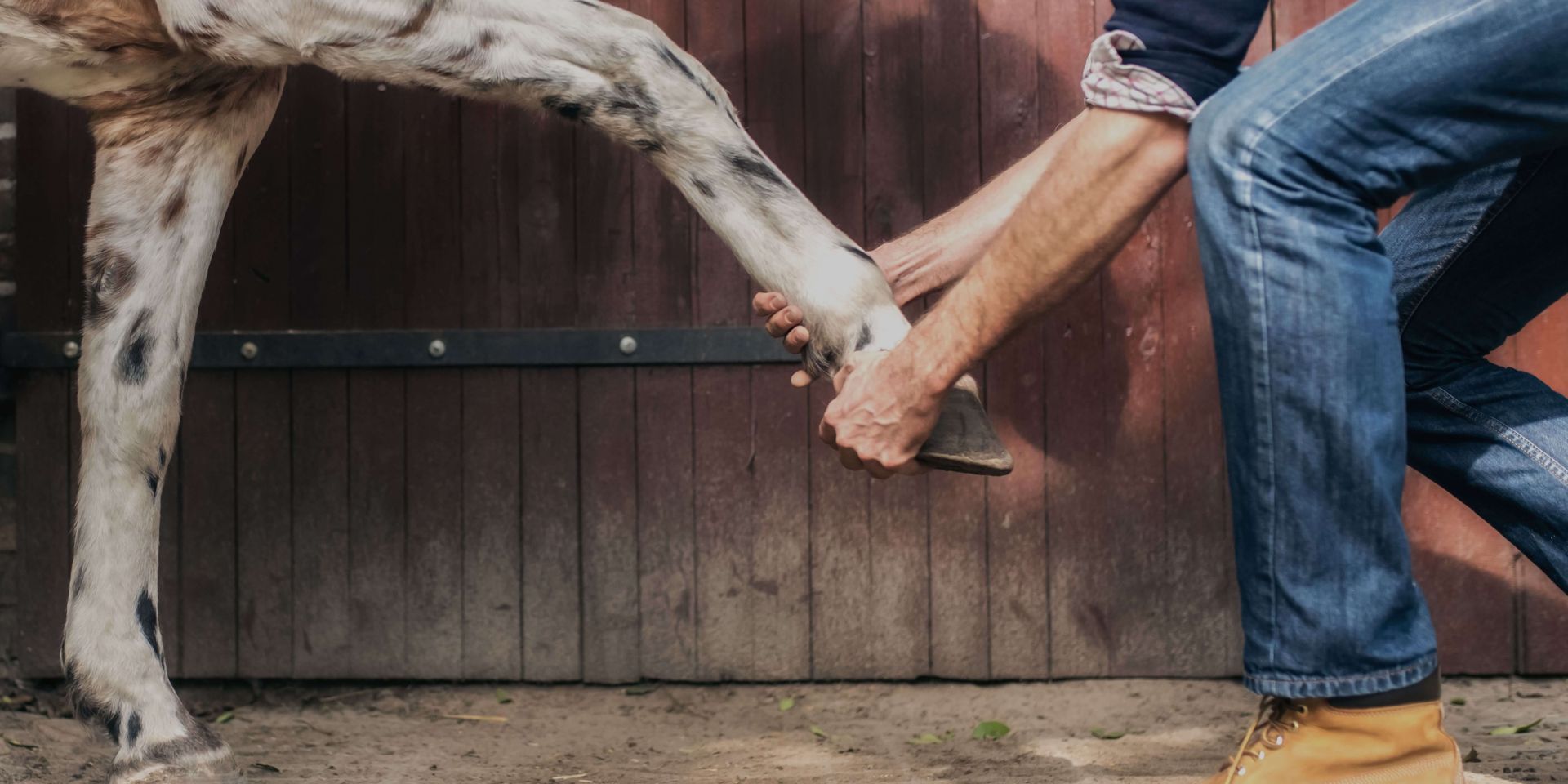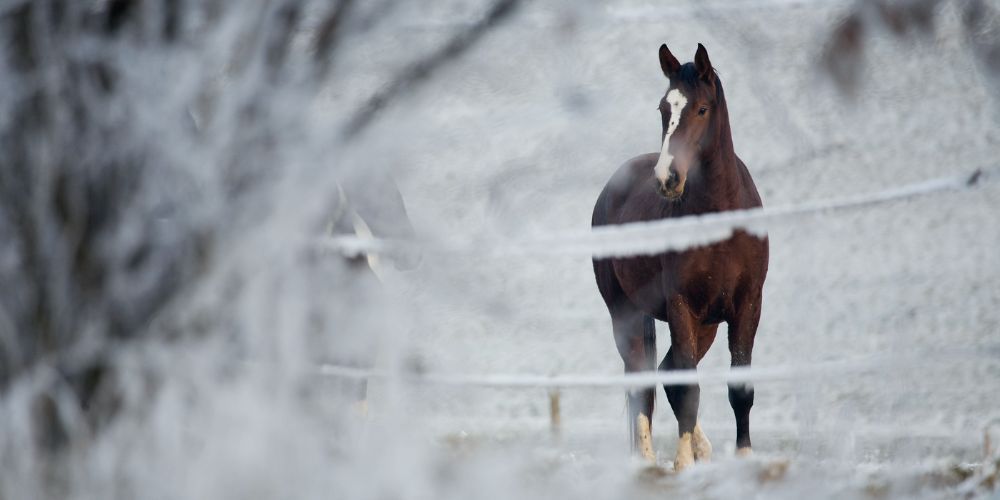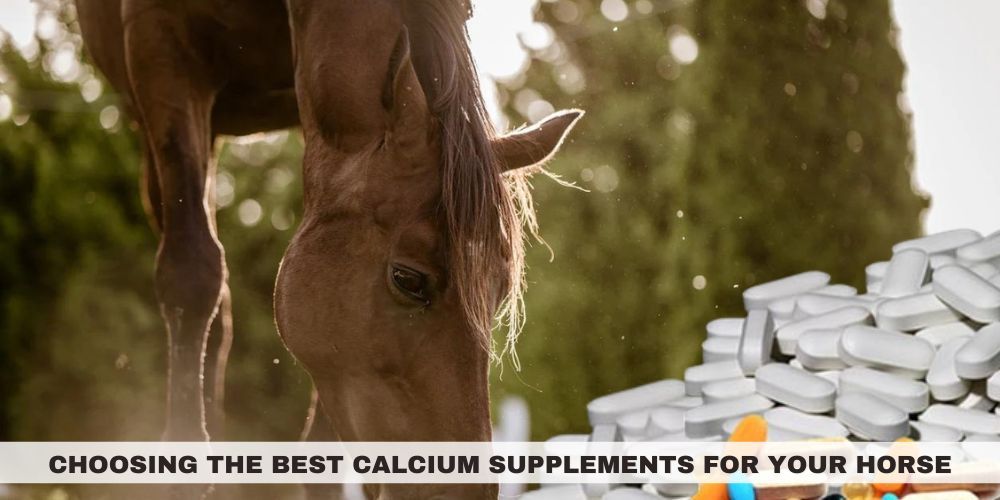Top Horse Food and Supplement Choices for a Healthier Horse
Keeping a horse fit or healthy is not about exercising him regularly in the ring or grooming him, but a certain amount of nutrition establishes the basis of his health. Proper nutrition is thus the decisive key to the health of a horse; his energy levels, coat quality, and strength of hooves are all dependent on what he takes in.
You can achieve better health, longevity, and performance from your horse with the right combination of horse chow and supplements.
This article will discuss some of the best horse foods and nutrients that help your horses feel great.
Why Horse Diet Matters
Like humans, horses require the proper nutrition to perform at best, whether for leisure or as competitive athletes. Inadequate nutrition will result in malnourishment, digestive issues, and perhaps behavioral problems. Good nutrition will give your horse good muscular development, strong bones, a shiny coat, and a sound immune system.
Horses evolved to graze continuously, and their digestive systems developed naturally to process diets high in fibrous materials. However, many modern feeding practices today do not always accurately mimic this natural grazing pattern, which is essential in carefully selecting the best horse food for optimal health.
Types of Horse Food
Understanding the different kinds of horse feeds should help you choose the best fits your horse's needs.
- Forage (Hay and Pasture): A horse was designed to survive on this, supplying the needed fiber for digestion. For animals, the average daily intake of necessary forage is around 1.5-2.5% of their body weight.
- Concentrates (Grains): Energy-dense foods are added when horses need more calories. They should not be overfed because overfeeding can cause problems in digestion, hence foods such as oats and corn.
- Complete Feeds: Those feed that combines fiber and grains, ensuring horses get proper nutrition. They are perfect for horses with poor teeth or who cannot chew hay properly.
- Pellet and Cubes: Processed hay or grain is processed into pellets or cubes, ready forms; this can be utilized when hay or fresh grass is unavailable.
Essential Nutrients to Look For
Some nutrients are essential for a horse, and their presence in your feed is of primary concern:
- Protein: It is necessary for building and repairing muscles and thus is essential for young, growing horses and lactating mares.
- Fiber: Forage provides the fiber horses need to sustain proper digestion and gut health.
- Fat: Healthy fats, like those contained in ground flaxseed or ground rice bran, provide energy without presenting the digestive risks of excessive grain.
- Vitamins and Minerals: Proper nutrient balance maintains bone strength and immune health. Many horses require calcium supplementing, especially in cases where the horse may have higher needs than others.
Signs of an Improper Horse Diet
An unbalanced diet can manifest in a lot of different ways. Watch for one or any of these signs that your horse's diet is out of kilter:
English Riding
- Weight: A sudden increase or decrease in weight proves an imbalance in nutrition.
- Dull Coat: A lack of shine in your horse's coat usually gives a hint of nutrient deficiencies.
- Digestive Issues: Colic or frequent digestive upset due to poor feeding, especially if the forage is too small.
Choosing the Right Horse Food Based on Specific Needs
Like people, each horse is unique, with needs for different types of nutrition across their life span, depending on factors such as age, workload, and medical conditions. Here's how to feed them right:
- Young Horses (Foals): Foals use a lot of protein and calcium for growth. Specially formulated feeds are available for developing horses.
- Performance Horses: Those with high demands for energy; hence, they should be given feeds rich in fats and carbohydrates. The addition of joint and muscle supporters to these feeds is also paramount.
- Senior Horses: Older horses may have trouble chewing hay. The pellet or complete feeds are more accessible to chew and digest. Additional vitamins like calcium help sustain aging bones.
The Role of Supplements in Improving a Horse’s Diet
Supplements will add to your horse's diet usually not found within regular feed. An example is that equine supplements of calcium will help ensure bone strength in horses, particularly those aged or whose needs in the body are higher for calcium.
Other helpful supplements include:
- Vitamins A, D, and E: These facilitate general skin health improvements due to their enhancing effects on immune function.
- Probiotics: Probiotics work by upsetting digestion by keeping a healthy gut, which is very important in nutrient absorption.
- Joint Supplements: This would include, in their formulation, glucosamine and chondroitin to maintain or improve joint health in mature or performance horses.
Conclusion
Feeding these will keep a proper balance to keep them healthy and happy. You can achieve excellent health for your horse by feeding it a combination of forages, grains, or additives such as calcium supplements for horses.
If you need quality horse supplies or the best horse food that creates top health, check out American Horse Products. Along with the vast array of foods, additions, and other horse feeding tips, you can provide your horse with all they nutritionally needs.


